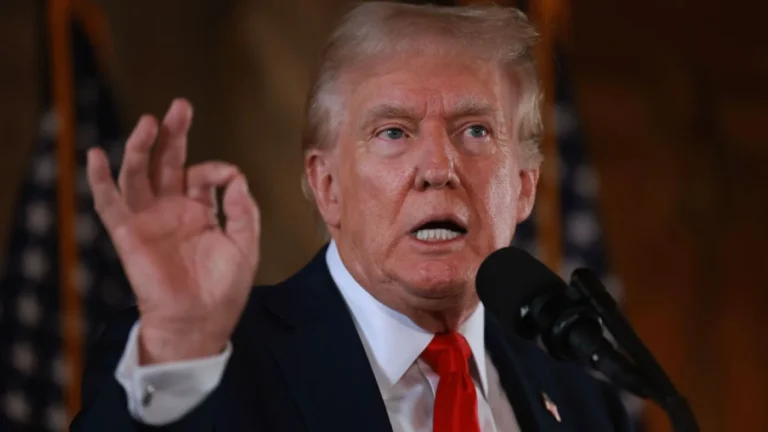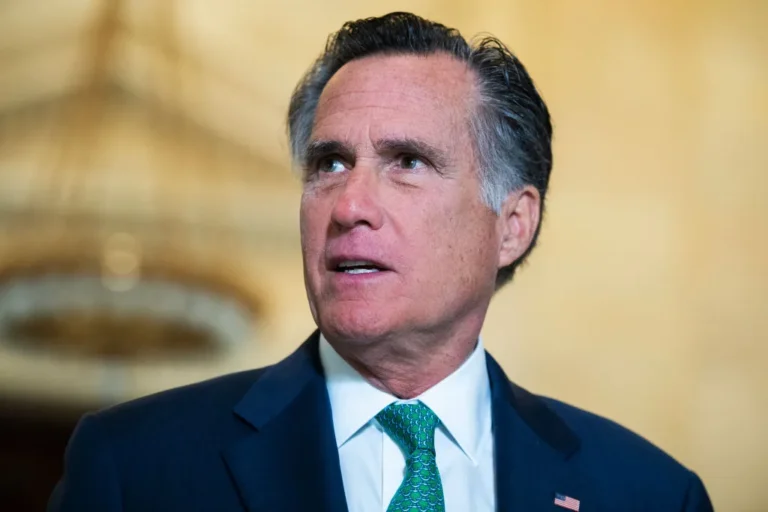The upcoming U.S. presidential election holds considerable significance not only for Americans but also for countries around the globe, with several nations particularly attuned to the potential impact of the results. For some, the election could mean the difference between stability and instability, or even between peace and conflict, depending on who emerges victorious.

China
China stands out as one of the U.S.’s primary economic rivals, and a new U.S. administration could either escalate tensions or alter the strategic competition. The Trump administration initiated a trade war against China, implementing tariffs on $250 billion of Chinese goods, in an attempt to reduce the trade deficit and boost American jobs. During his campaign, Trump has suggested that, if reelected, he would raise these tariffs significantly—by as much as 60% to 100%. Trump has even proposed a blanket 10% tariff on all imports to the U.S., a measure estimated by economists to increase the average American household’s annual costs by over $1,700. A Harris administration, on the other hand, might continue some of the tariffs imposed during Biden’s tenure, but is unlikely to pursue additional ones on such a large scale. Nonetheless, tariffs on products like Chinese electric vehicles and solar panels could remain in place as they align with domestic economic and environmental goals.
China, meanwhile, faces a period of economic slowdown marked by low consumer confidence and a slump in the housing market. Analysts speculate that a Trump victory might prompt China to introduce a more robust stimulus package to shore up its economy. Harris’s stance toward China might maintain a competitive stance without significantly raising economic tensions, focusing more on trade and technology regulations rather than sweeping tariffs.
Russia and Ukraine
Ukraine has much at stake in this election. The country’s ongoing war with Russia has left it reliant on foreign military aid, especially from the U.S., to maintain its defense. If Trump were to win, a hard-line Republican stance could see U.S. aid reduced or even withheld, pressuring Ukraine to negotiate with Russia. Trump has indicated that he could bring an end to the conflict within 24 hours by halting U.S. support, potentially forcing Ukraine to cede occupied territory in the south and east, where Russian forces currently hold significant ground. This approach could alter the landscape of the conflict entirely and put Ukraine in a difficult position—faced with the choice of negotiating or facing possible further losses without U.S. military backing.
Harris, however, has committed to supporting Ukraine “for as long as it takes,” though such a commitment depends largely on the balance of power in Congress. Even if she intends to continue the current level of support, achieving this may be challenging if Republicans gain a majority in Congress and resist further spending on the conflict. Analysts believe Harris would focus on finding a feasible path to help Ukraine regain its sovereignty, but with questions remaining over what the U.S. defines as a “Ukrainian victory” and how long the American public’s support for involvement in the conflict will last.
Israel and Iran
The Middle East is an area where both candidates may have similar views but apply different strategies. Both Harris and Trump have expressed strong support for Israel, particularly in its efforts to counter Iranian-backed groups like Hezbollah in Lebanon and Hamas in Gaza. Trump has cultivated a reputation as a “protector” of Israel, especially after his decision in his first term to recognize Jerusalem as Israel’s capital and acknowledge Israeli sovereignty over the Golan Heights. His popularity remains high in Israel, with a recent poll by the Israel Democracy Institute revealing that 65% of Israelis view Trump as the better candidate for their national interests, compared to only 13% for Harris.
On the other hand, Harris has faced criticism from some in Israel for her nuanced approach to the Israeli-Palestinian conflict, including her comments on the civilian toll of violence in Gaza. Nevertheless, she has consistently affirmed Israel’s right to self-defense and condemned attacks from Hamas, striving to counter any perception of being less supportive. A Harris administration is likely to maintain diplomatic engagement and avoid inflammatory rhetoric, while working to de-escalate ongoing regional tensions.
For Iran, a Trump victory could mean a return to the “maximum pressure” policy that includes further sanctions on its oil industry and potential backing for Israeli strikes on Iran’s nuclear sites. Trump’s administration would likely take a more aggressive approach, including sanctions and possibly more assertive actions against Iranian military facilities. In contrast, Harris’s foreign policy would likely echo Biden’s, seeking to avoid escalation while promoting regional stability and urging restraint from all parties.
Strategic Shifts
A Harris administration might focus on continuity, with an emphasis on diplomatic alliances and multilateral approaches. Ambassador Mitchell B. Reiss, a distinguished fellow at the Royal United Services Institute, suggests that Harris’s approach to foreign policy would align closely with Biden’s, emphasizing diplomacy, strengthening alliances, and maintaining a cooperative global stance. Her administration would likely avoid abrupt changes, preferring stability and dialogue over unilateral moves.
Trump’s foreign policy, however, is seen as more transactional and less predictable, driven by individual relationships and less bound by established U.S. commitments. His approach during his first term saw a rethinking of alliances and a skepticism toward extensive U.S. involvement abroad. Analysts predict that a second Trump term would see this pattern continue, with a greater emphasis on national interests over global partnerships and a potential realignment of U.S. influence on the world stage.
As the U.S. heads to the polls, countries around the world are waiting to see what path the next administration will take. For nations like China, Russia, Ukraine, Israel, and Iran, the outcome will have immediate implications for their economies, security, and geopolitical standing. The U.S. election will shape not only American policy but also the world’s approach to these critical international challenges.






